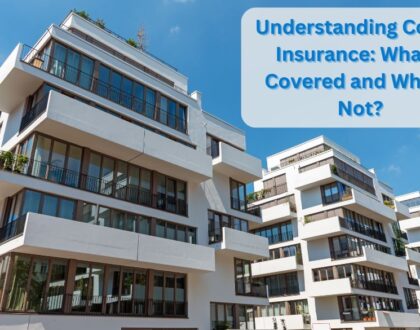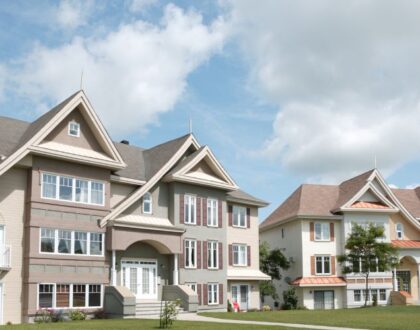What Does Condo Association Insurance Policy Cover? – Complete Information
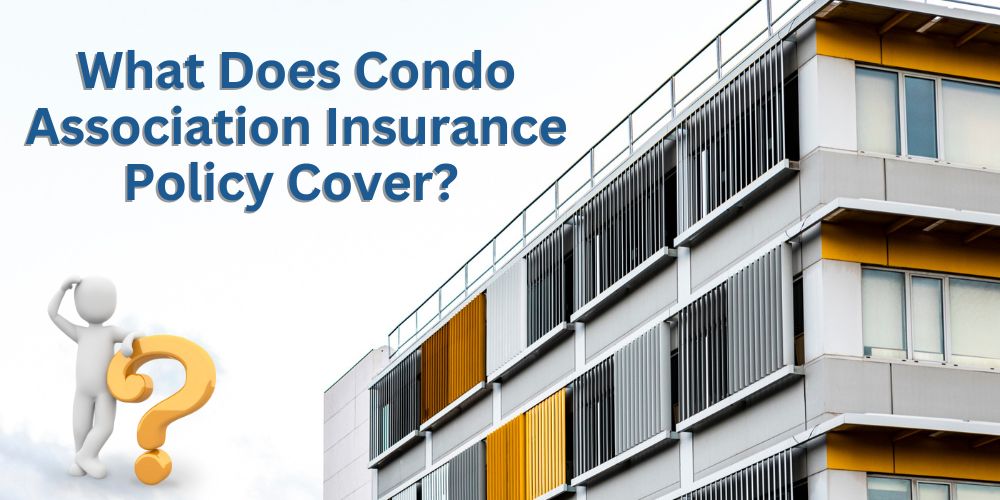
Condos require low maintenance and are typically more affordable than single-family houses. That’s why purchasing a condo has become a lifestyle choice. However, ensuring security and safeguarding the common areas and shared elements of the condo community against unforeseen events is one first thing that needs to be taken care of. But buying a condo association (HOA) insurance is a complex task that involves research and analysis before making the final decision.
Also known as an HOA Master Policy (Homeowners Association), a condominium association insurance policy provides coverage for the shared property and the condo association’s liability.
What does condo association insurance coverage include?
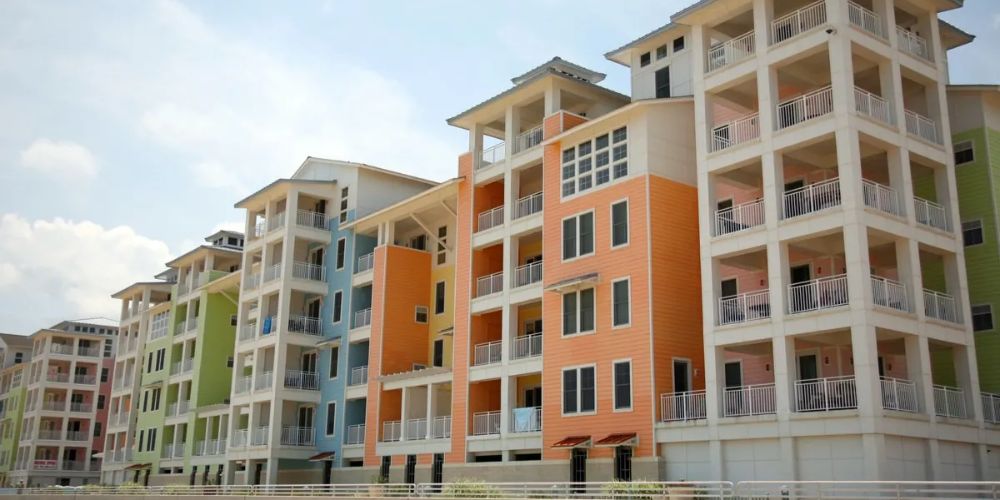
The fees you pay to your condo association go toward maintaining shared amenities and covering insurance for those areas. This policy, known as condominium association insurance or the HOA insurance master policy, protects common spaces like lobbies, elevators, swimming pools, and the building’s exterior. It also covers liability costs if someone is injured in these shared areas. This type of insurance ensures that damages to communal areas or injuries on the property are financially covered, protecting both the association and residents from unexpected expenses. Here are some common items that come in a condo association insurance coverage:
Liability Protection
In the event, that someone slips, falls, or is injured in your building’s lobby and decides to file a lawsuit, who is responsible for the legal costs? Typically, the condo association insurance coverage, which is part of the master policy, provides liability protection for incidents like these. This is a key feature of both condominium association insurance coverage and homeowners association insurance coverage, helping to safeguard the association from legal expenses.
Building Damage
Since individual unit owners are responsible for ensuring only the interior of their units, the condo association is tasked with protecting the rest of the building. If a storm or natural disaster damages the roof, exterior walls, or siding, the condo association insurance coverage usually steps in to cover the cost of repairs. This applies to both condominium association insurance coverage and homeowners association insurance coverage, ensuring the building’s exterior and structural elements are protected.
Common Areas
Condo association insurance coverage also extends to common areas such as lobbies, elevators, hallways, and outdoor spaces around the building. Amenities shared by residents, like swimming pools and tennis courts, are typically covered as well. This form of coverage is vital under both condominium and homeowners association insurance policies to protect shared spaces and facilities.
How does condo/townhome association insurance differ from individual condo/townhome insurance?
Condo and townhome association insurance is distinct from the individual insurance that owners in the complex can purchase for themselves. While the association’s policy covers the exterior and shared areas of the building, individual condo or townhome insurance protects the interior of your unit and personal belongings, as well as provides liability coverage if a guest is injured inside.
To put it simply, the townhome or homeowner association insurance covers everything outside the walls of your unit, while your policy covers everything inside. It’s also important to note that the association’s policy typically starts just behind the walls, including studs, drywall, and insulation.
Does a Condo Association (HOA) Insurance Include Condo Insurance?
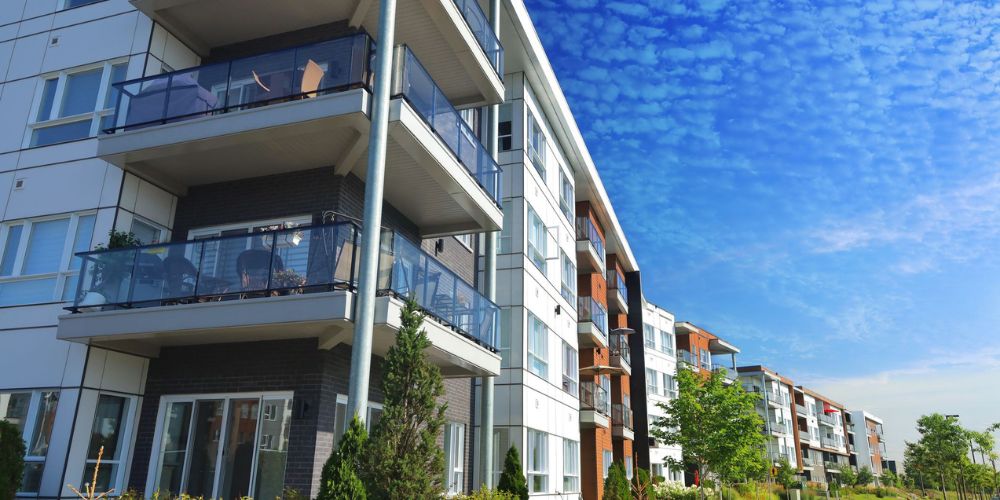
As mentioned, the insurance policy held by your homeowner association insurance policy typically covers all common areas and shared amenities within your building or complex. This includes spaces such as parking lots, lobbies, elevators, tennis courts, and other shared facilities. The HOA master policy fee covers everything but your home or personal belongings. For example, a “bare walls” policy only covers up to the drywall, studs, and insulation. However, policies with “single-entity” or “all-in” coverage may extend to your cabinets, flooring, and even built-in appliances.
HOA policy does not cover liability for any events inside your home or yard. Thus, you would need to purchase your condo insurance policy to protect your home/condo and belongings in case of a catastrophic event and to cover any legal fees from an accident that occurs on your property.
Who Buys And Pays For Condo Association Insurance?
The board of directors, composed of elected unit owners, is tasked with purchasing insurance for the association. This includes condo association insurance, HOA insurance, and condominium association property insurance. While the board handles maintenance, rules, and setting condo fees, they may lack expertise in insurance. That’s where professionals like you step in, offering guidance on appropriate coverage to ensure the property and its owners are well-protected. With the right advice, they can make informed decisions that benefit all unit owners.
Although the board selects the insurance, unit owners ultimately cover the cost through their monthly assessments. This makes it crucial for unit owners to fully understand the insurance coverage and its associated costs. Having this knowledge allows them to make informed decisions and be aware of what they are paying for.
What Does Condo Insurance Cover?
When purchasing condo insurance for your unit, it’s important to note that it differs from condo association insurance coverage. While your personal condo insurance covers damages to your unit and belongings due to incidents like fire or vandalism, the condo association’s policy handles shared areas. Condo insurance ensures you’re protected within your own space, while the association policy takes care of common areas like lobbies, hallways, or roofs. Understanding the distinction helps ensure both your unit and the shared spaces are fully covered.
You may also get coverage for legal fees if you’re found liable for a mishap on your property and medical expenses if anyone gets injured in your home or yard. Similar to a homeowner’s policy, you have two choices for personal property coverage: actual cash value or replacement cost coverage.
What are the HOA Insurance Requirements?
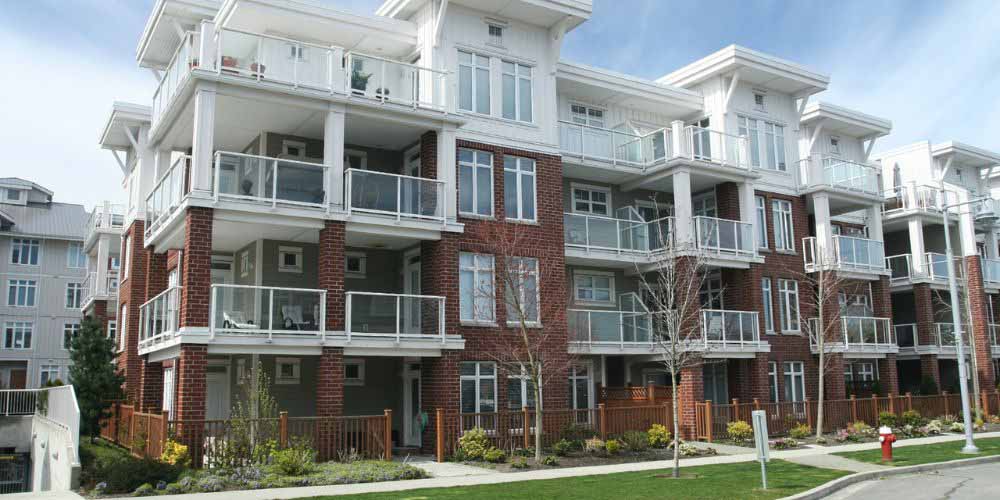
To begin with, the association needs to obtain general liability property insurance, which protects the structures themselves but not the items inside, which are covered by the inhabitants’ insurance policy. The next type, called regular liability insurance, covers injuries to visitors while they’re on the property, and it’s crucial to remember that this addition differs from general liability. Furthermore, a D & O (Directors and Officers) policy needs to be in place which covers the volunteers who are elected to the homeowners’ association.
Also, suppose the HOA has a clubhouse or another area that’s rented out for weddings, parties, and other events. In that case, the property owner is required to carry social host liability coverage, especially if liquor is served at the gathering.
Homeowners Association Insurance (HOA) requirements can vary depending on the specific condominium association and its governing documents. However, some common HOA insurance requirements may include:
- General Liability Insurance: HOAs often require the association to carry general liability insurance to protect against bodily injury and property damage claims that may arise from accidents or incidents on the common property.
- Property Insurance: The HOA may require property insurance to cover the building structures, common areas, and shared facilities owned by the association.
- Directors and Officers (D&O) Liability Insurance: This coverage is typically mandated to protect the HOA board members and officers from potential lawsuits related to their decisions or actions while managing the association.
- Workers’ Compensation: If the HOA employs workers or contractors, they may need to carry workers’ compensation insurance to cover injuries or illnesses that occur on the job.
- Fidelity Insurance: This coverage may be required to protect against theft or embezzlement of funds by employees or board members.
- Umbrella or Excess Liability Insurance: Some HOAs may demand additional liability coverage beyond the limits of the primary policies. The HOA or condominium association property insurance policy, along with its add-ons, covers a broad spectrum of assets–from the employees who work on the premises to the structure(s) itself. And many potential legal issues are covered as well.
But all this coverage depends on the policy purchased by the association and the laws of the state. There might be some additional considerations or requirements based on local laws and regulations. The HOA board or management team should collaborate with an insurance agent who understands HOA insurance coverage and local needs.
The Final Thought
This ensures the policy is customized to meet the specific risks and requirements of the community. Tailored coverage helps protect the HOA from liability, property damage, and other potential issues that can arise in shared spaces. Working with a knowledgeable agent ensures the HOA gets the right protection for their property and operations.
If you are looking for the right HOA policy at the lowest premium in Chicago, we can help you. The Abe GT Abe GT & Associates can help identify any Chicago-specific coverage considerations or endorsements that may be necessary to protect the HOA and its members effectively.
Feel free to contact us for all your insurance-related questions; our specialized HOA insurance agents will help you get the best coverage at the lowest premiums.

